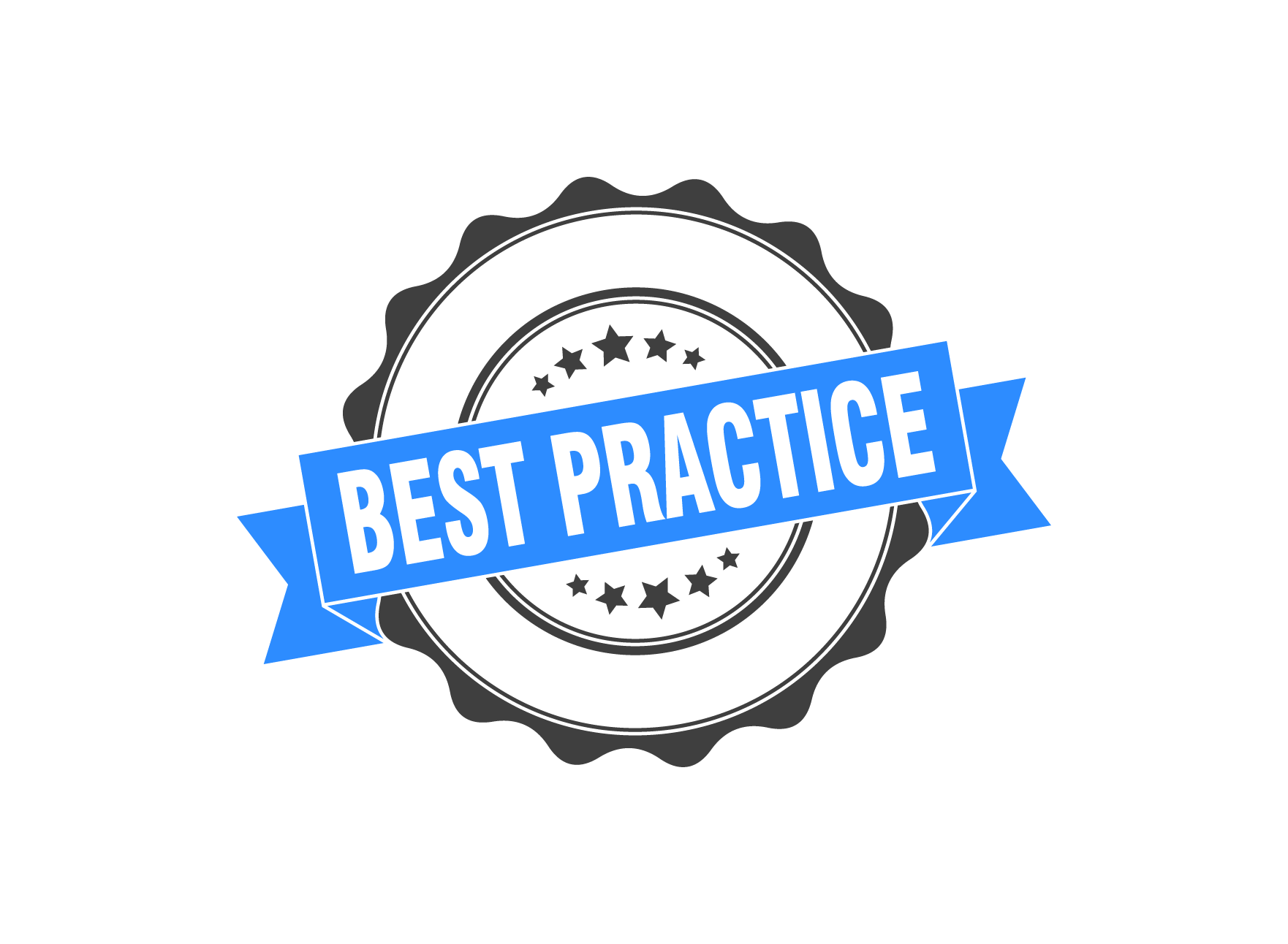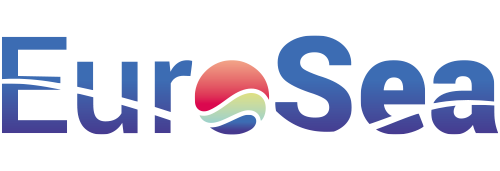
Description
EuroSea’s endeavour to develop best practices in diverse marine research areas symbolizes a collaborative and integrative effort to enhance marine science methodologies and applications.
Impact During the Project
Standardization and Methodological Improvements:
Traditional State: The marine research community previously operated with varied, sometimes isolated methodologies, resulting in scattered data and potential inconsistencies.
Advancement: The establishment of best practices across several research areas ensures consistency, accuracy, and repeatability in marine research, facilitating collaboration.
Visibility and Recognition:
Traditional State: Individual or fragmented efforts in marine research may not receive broad recognition.
Advancement: With best practices endorsed by GOOS and hosted on OBPS, the broader marine community can acknowledge and adopt EuroSea’s contributions.
Collaborative Research:
Traditional State: Traditionally, marine research methodologies might vary across different organizations, potentially hindering collaborative efforts.
Advancement: By establishing and promoting best practices, EuroSea encourages standardization across the consortium, enhancing collaborative research outcomes.
Impact Post Project
Increased Global Adoption:
EuroSea’s best practices, when adopted globally, can lead to standardized methodologies in marine research. This promotes consistency in data collection and interpretation across the international community.
Enhanced Quality of Research:
With standardized best practices, the quality of research and data accuracy improves, leading to more reliable conclusions and insights in marine science.
Strengthened Collaboration:
The promotion and adoption of best practices can foster international collaboration, as researchers worldwide can operate on shared standards and methodologies.
Advancement over and above State of the Art
EuroSea’s commitment to developing and promoting best practices in various marine research domains signifies a transformative approach to marine science. Moving away from the traditional fragmented research methodologies, EuroSea’s best practices advocate for consistency, collaboration, and standardization. This not only improves the immediate quality and reliability of research but also ensures long-term global adoption of these practices. With measures like endorsements from GOOS and tracking downloads from OBPS, EuroSea ensures that its contributions remain visible and impactful, promoting a unified and standardized approach to marine research globally.
Links and References
Link to D2.4 – Indicators for demonstrators and forecast: https://eurosea.eu/download/eurosea_d2-4_development_targeted_indicators-2/?wpdmdl=5518&refresh=650197c521a2e1694603205
Link to D6.3 – Best Practice on creating “Extreme Marine Events” Hazard maps & forecasts Report: https://eurosea.eu/download/eurosea_d6-3_bp_extreme_marine_events_hazard_maps__forecasts_report/?wpdmdl=5591&refresh=650197cb50af71694603211
